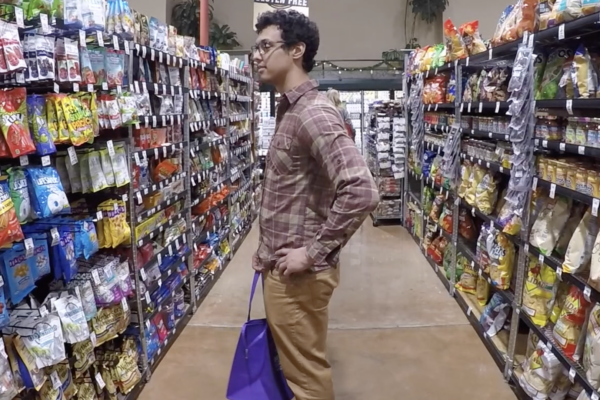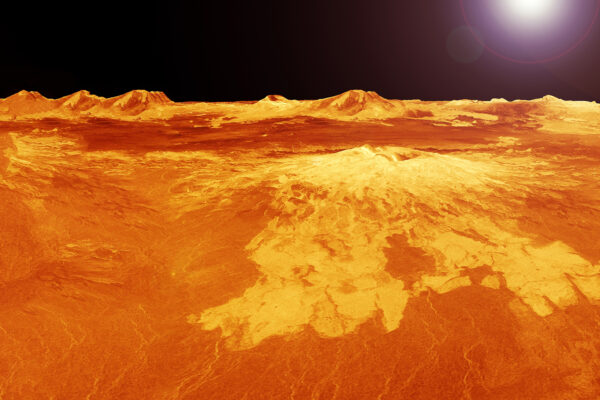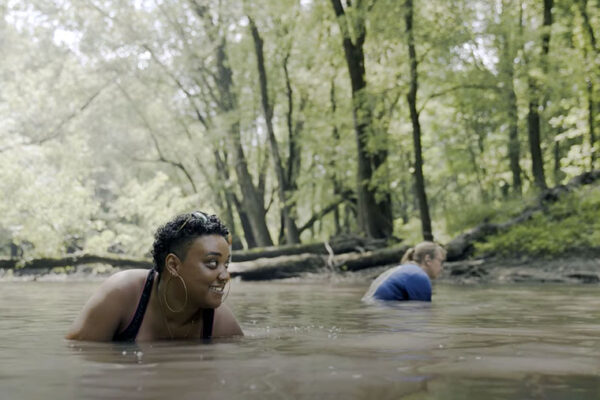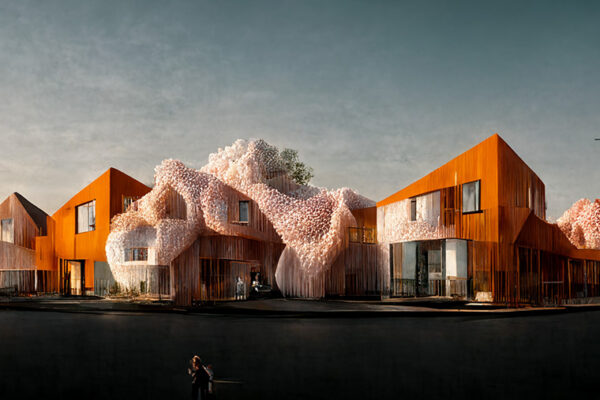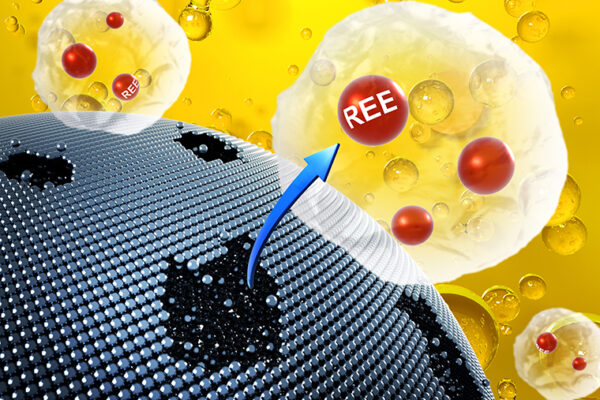This is your brain on everyday life
A new study by Zachariah Reagh in Arts & Sciences offers fresh insights into how the brain goes to great lengths to process and remember everyday events.
Making Internet of Things more secure
Shantanu Chakrabartty’s lab at the McKelvey School of Engineering developed a method to better secure communications and transactions involving the Internet of Things.
Scientists share ‘comprehensive’ map of volcanoes on Venus — all 85,000 of them
Planetary scientists Paul Byrne and Rebecca Hahn in Arts & Sciences have created the first comprehensive map of volcanoes on Venus, pinpointing 85,000 of them. Their study was posted online in JGR Planets, and the dataset is publicly available.
Four Washington University faculty named AIMBE Fellows
Four Washington University in St. Louis faculty members have been named Fellows of the American Institute for Medical and Biological Engineering: Hongyu An, Elliot Elson, Srikanth Singamaneni and Jessica Wagenseil.
‘Mussel Grubbing’ video screened at World Water Film Festival
Mussels are the most imperiled freshwater animals in the United States. A short film documents a local mussels biodiversity project supported by the Living Earth Collaborative at Washington University in St. Louis.
‘AI + Design’ mini-symposium April 3
Krishna Bharat, a distinguished research scientist at Google, will deliver the keynote address for “AI + Design” April 3. The afternoon-long symposium will explore the current state of AI technology, the future of AI-assisted design and the implications for design practice and training.
How parents’ personalities shape children’s lives
A new study by Joshua Jackson in Arts & Sciences found that five key personality traits in parents can significantly affect their child’s health, grades and more.
Novel process extracts rare earth elements from waste
Young-Shin Jun, a professor at the McKelvey School of Engineering, and her team are extracting valuable rare earth elements from coal fly ash, a fine, powdery waste product from the combustion of coal. The process is ultimately a path toward reducing and remediating waste products.
Study: Older adults were better equipped to deal with pandemic-related distress
A new study from psychological and brain sciences in Arts & Sciences finds that one’s ability to cope with stressors, such as the pandemic, hinges heavily on individual personality and emotional characteristics that change with age.
Multiple substance use disorders may share inherited genetic signature
New research led by Washington University researchers identifies a common genetic signature that may increase a person’s risk of developing substance use disorders. The work eventually could lead to universal therapies to treat multiple substance use disorders and potentially help people diagnosed with more than one.
Older Stories
